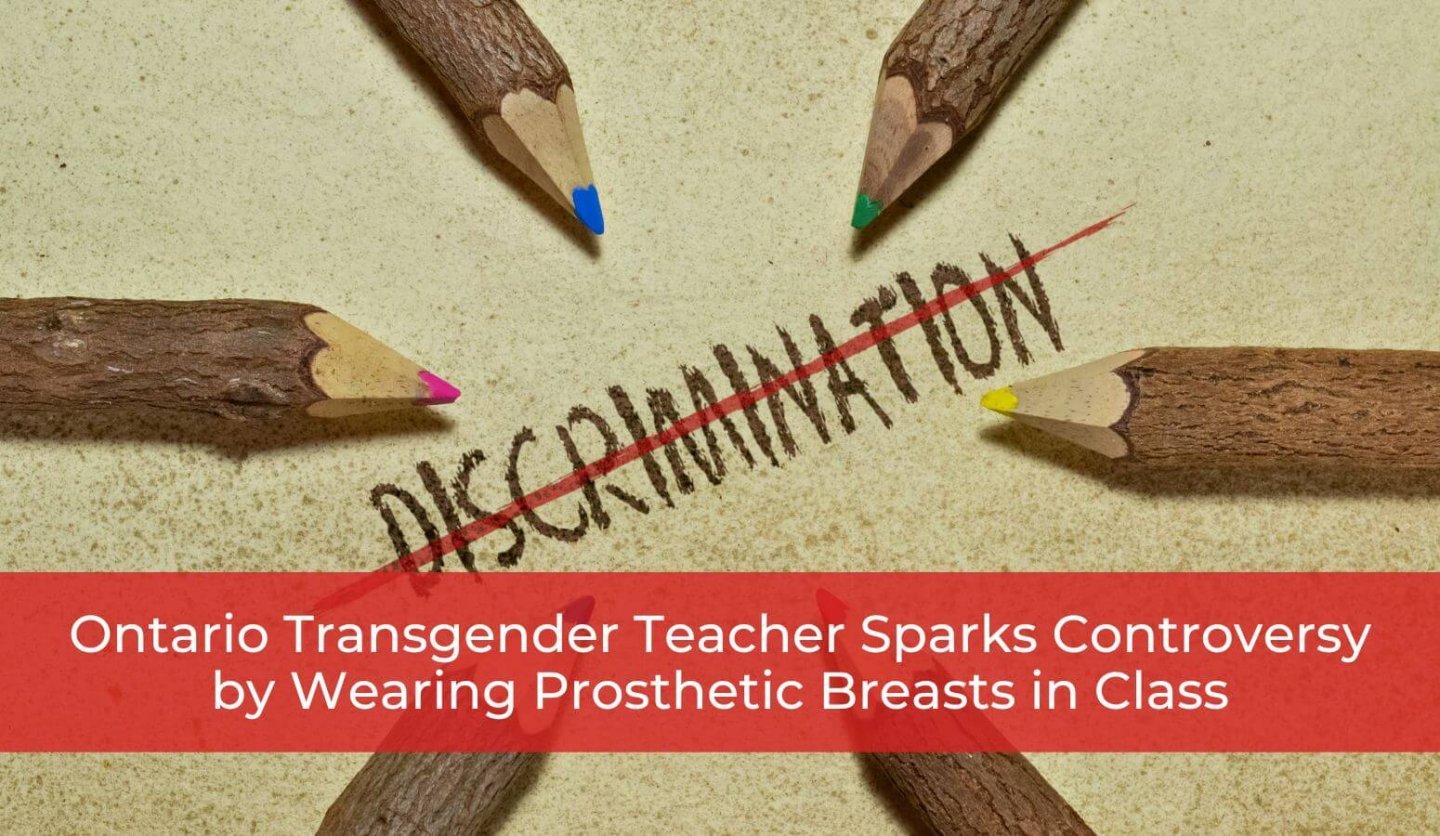
Workplace Discrimination – Ontario Transgender Teacher Sparks Controversy by Wearing Prosthetic Breasts in Class
Media outlets have been circulating a recent video clip from an Ontario high school of an Ontario transgender teacher wearing oversized prosthetic breasts and visible nipples. The video was filmed covertly by a student during shop class and shows the Ontario transgender teacher instructing the class on the proper use of machinery. This has stirred up discussion around the importance of anti-discrimination legislation and policies, which protects gender identity and expression in the workplace.
The high school has since released a letter to parents, advising “Gender identity and gender expression are protected grounds under the Ontario Human Rights Code… We would like to take this opportunity to reiterate to our community that we are committed to establishing and maintaining a safe, caring, inclusive, equitable and welcoming learning and working environments for all students and staff.”
Mentioning Teacher’s Clothing Could be Considered Discrimination
The school has since indicated that even mentioning that the teacher’s clothing may be inappropriate could be considered discrimination and in this instance discrimination against the Ontario transgender teacher (which may well be true).
As schools and other employers increasingly express support for people of all gender identities and expressions, we are witnessing the importance of understanding the protections in place to prevent discrimination in the workplace. Employers are prohibited from treating employees differently for reasons relating to grounds protected by the Ontario Human Rights Code, such as gender identity, sex, race, sexual orientation, and other grounds.
Discrimination may occur where the protected ground is not even the entire reason an employee is treated differently; it is enough that the differential treatment was motivated only in part due to a discriminatory reason. Employers must therefore be careful when addressing delicate matters in the workplace, or they may quickly see a complaint of discrimination coming their way. The Ontario Human Rights Tribunal has broad powers and can award various damages for discrimination in the workplace, such as lost wages, lost opportunity, and damages for injury to dignity, self-respect, and feelings.
If you would like to know about your rights and obligations under the Ontario Human Rights Code, we encourage employees and employers to seek legal advice. Whitten & Lublin are happy to provide insight and advice into your specific circumstances. If you are looking for employment lawyers and would like more information about what Whitten & Lublin can do for you, please contact us online or by phone at (416) 640-2667 today.
Author: Rachel Patten



